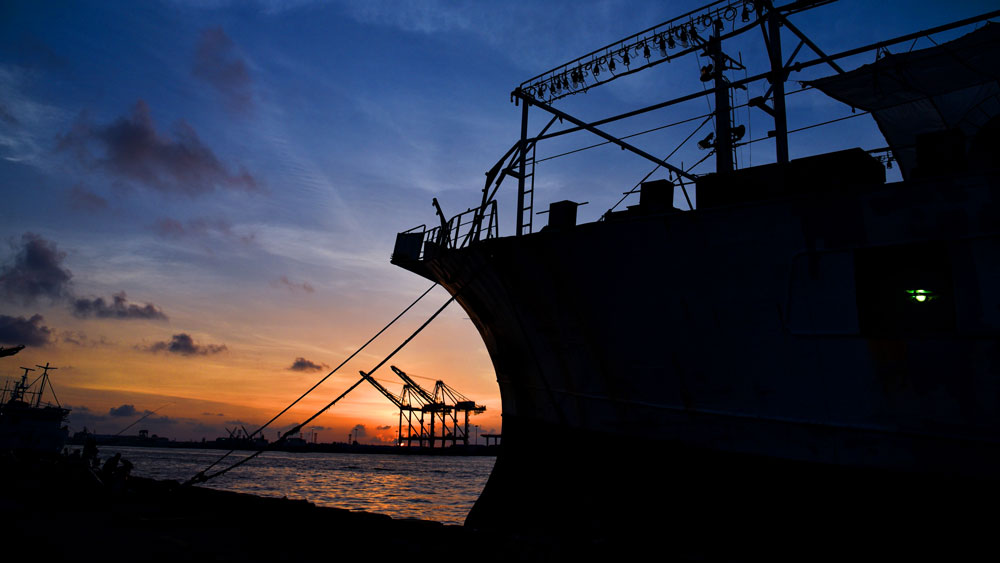LNG on its way to become the fuel of choice for road and maritime transportation
Small scale LNG continues to develop as a reliable and effective solution for off-grid energy supply and as the fuel of choice for clean road and maritime transportation. This is again confirmed by the 2018 GLE LNG New Services Inventory and List of Services published on July 17 by Gas Infrastructure Europe (GIE). The data published is based on the most actual information provided by GIE members, the European LNG terminal operators.
Volumes in truck loading increased with 8% compared to last year. Amongst others, this confirms LNG’s role as a viable solution for remote and off-grid energy supply and cleaner fuels. The use of LNG as a cleaner fuel is also highlighted by the increase in number of LNG station across Europe as observed in the GIE SSLNG map published earlier this year. In this light, the road transport industry acknowledges that the trucks powered by liquefied natural gas (LNG) have an outstanding environmental footprint with substantially lower emissions.
For small-scale ship loading, increased volumes of more than 9% compared to last year demonstrate that marine use of LNG is becoming increasingly popular. Indeed, the use of LNG as a maritime fuel all around Europe is gaining consideration as many experts recognize its superior performance compared to other types of fuel when faced with increasingly stringent environmental requirements.
However, there are still barriers and missing actions preventing more rapid and widespread deployment of small-scale LNG. Complex permitting procedures, low access to financing and funding and the lack of implementation of harmonized standards are some examples of barriers that have to be, and will be, overcome in the near future.
About GIE
Gas Infrastructure Europe (GIE) is an association representing the interests of European natural gas infrastructure operators active in natural gas transmission, storage and LNG regasification. 16 European LNG terminal operators (LSOs) from 9 countries, operating around 90% of the existing LNG regasification capacity in the European Union are members of GIE. They are committed to promote the development of transparent and non-discriminatory access for LNG within a fully operational European internal market, underpinned by a stable and predictable regulatory framework.



